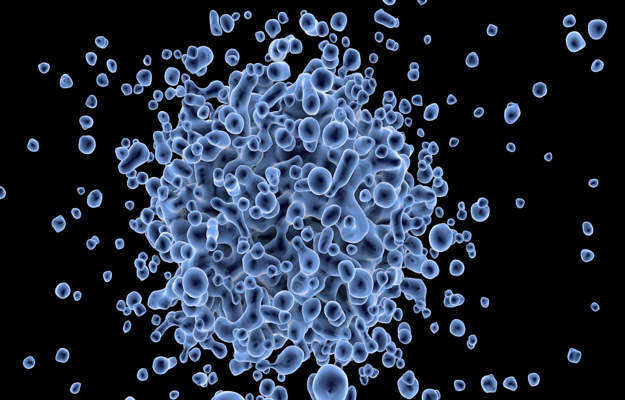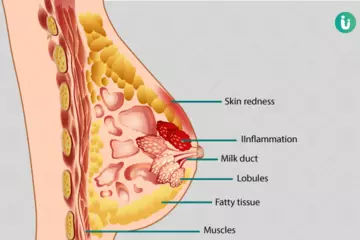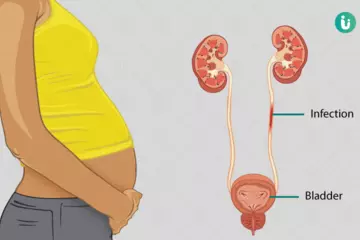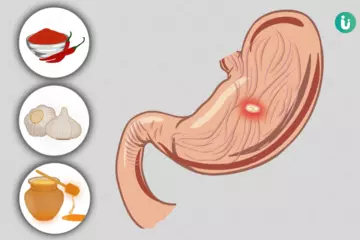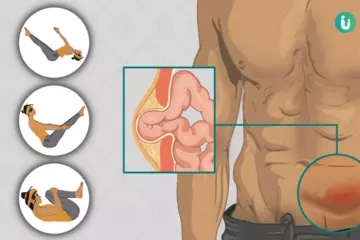What is listeriosis?
Listeriosis is an extremely serious bacterial infection caused by Listeria monocytogenes. Sometimes, the disease is called ‘listeria’ owing to the name of the causative bacterium. The infection is foodborne in origin, therefore, the bacteria first affect the intestines. The infection usually affects pregnant women and individuals with a weakened immune system, such as:
- Senior citizens (age ≥ 65 years)
- Cancer, kidney disease, or diabetes patients
- HIV-infected or AIDS patients
- New-born babies
What are its main associated signs and symptoms?
In case of invasive listeriosis, the bacterial infection spreads beyond the confines of the gut and hence, the corresponding symptoms may vary from person to person.
Pregnant women: Expectant mothers may experience fever and flu. However, if left untreated, the infection may have detrimental effects on the health of the foetus. It also increases the risk of miscarriage and premature delivery. (Read more: Pregnancy care)
However, for an average adult patient, the infection may cause the following symptoms:
- Headache
- Confusion
- Convulsions
- Fever
- Stiff neck
- Vomiting
- Diarrhoea
Symptoms may start manifesting within a span of 1-4 weeks following the onset of invasive infection.
What are its main causes?
The common source of infection is food contaminated by the Listeria bacteria. According to the World Health Organization (WHO), the infection is extremely rare, yet is potentially life-threatening. Hence, the following food sources may be carriers of the bacteria:
- Food with long shelf life
- Raw food
- Dairy products made from unpasteurized milk
- Meat
- Ready to eat chilled food
- Deli meat
Furthermore, in pregnant women, the infection may pass from the mother to her unborn child through the placenta.
If left untreated, the infection may progress to life-threatening conditions like sepsis and meningitis. Listeriosis is also known to cause brain damage and abscess.
How is it diagnosed and treated?
A blood test may confirm the presence of bacterial infection. Magnetic resonance imaging (MRI) scan can be used to rule out any brain cell damage.
An antibiotic therapy may follow to combat the infection and bacterial growth.
Likewise, consult a doctor immediately if symptoms of the condition persist and you have a weakened immune system due to:
- Diabetes
- Chemotherapy
- AIDS
The condition is largely preventable on account of hygienic and healthy eating habits. Preventive measures may include:
- Washing hands before meals.
- Washing fruits and vegetables before cooking/consumption.
- Avoiding foods beyond expiry date.
- Avoiding raw meat and fish.
- Discard food stored in the refrigerator for a period of more than 2 days.
- Clean up the refrigerator and spills frequently to avoid bacterial build-up.
- Keep raw seafood and vegetables separate from the cooked food.


